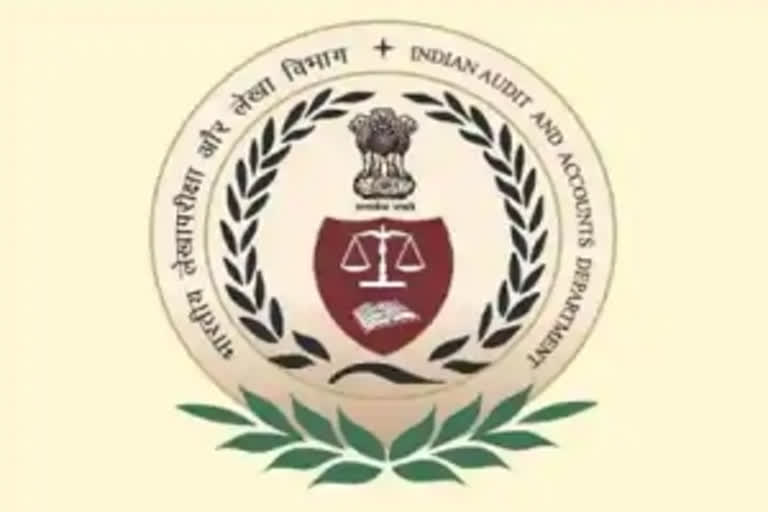New Delhi: In its recently-tabled report on ‘Management of Defence Offsets’, the Comptroller and Auditor General (CAG) has revealed that Boeing USA may have concealed certain procedures from India’s defence ministry related to US-government imposed export restrictions.
Because of Boeing’s non-disclosure, an offset contract inked with Defence Research and Development Organisation (DRDO) to set up a High Altitude Engine Test Facility (HAETF) valued at Rs 2,322 crore is yet to take off as the US government is yet to grant an export license to Boeing.
The CAG report says, “The fact that these technologies required export license from the US government was known to the vendor at the time of submission of the offset proposal.
However, neither the firm seems to have disclosed the time-frame for obtaining these licenses nor the MoD (Indian defence ministry) insisted on time-bound commitment.”
“It is not clear how the MoD intends to ensure fulfilment of these alternative commitments of offsets made by the vendor,” the national auditor adds.
An offset is a mechanism to partially compensate for a significant outflow of a buyer country’s resources in a large purchase of foreign goods or by transferring technology or by adding to the capacities and capabilities of the domestic industry.
The military offset deal was inked with Boeing on June 14, 2011, according to which offset obligations totalling Rs 8,223 crore were to be discharged by June 13, 2018, through seven projects with 14 Indian Offset Partners (IOP) including the Defence Research and Development Organisation (DRDO).
Boeing’s offset contract with DRDO included two major projects—High Altitude Engine Test Facility (HAETF) valued at Rs 2,322 crore and Transonic Wind Tunnel (TWT) Test Facility valued at Rs 1,437 crore.
But these two projects were given a five-year extension to June 2023 which was approved by India’s defence minister in 2018.
The delay was due to export restrictions imposed by the US government.
While India opted out of the TWT project as the competence of Indian industries had increased significantly in wind tunnel technologies.
The CAG report adds, “Keeping in mind the indigenous wind tunnel technologies, DRDO decided not to go ahead with the TWT offset project. The other project HAETF is still under discussion, the US Government is yet to grant export licenses to Boeing.”
Also Read: In 2015, Govt eased defence offset rules for foreign vendor to name Indian partner




